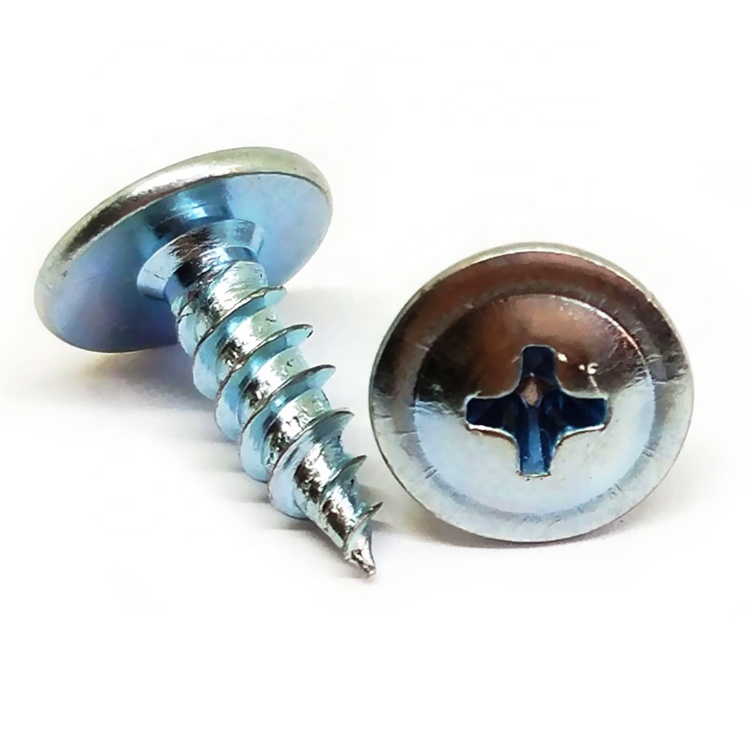Exploring the Best Materials for Drywall Screws in Construction Applications
Understanding Drywall Screw Material Products A Comprehensive Guide
When it comes to construction and home improvement, few products are as ubiquitous as drywall screws. These fasteners are essential for installing drywall sheets, ensuring they are securely attached to the framing beneath. However, not all drywall screws are created equal, and their materials can significantly influence their performance and suitability for specific applications. In this article, we will explore the different materials used in drywall screws and their implications for construction projects.
1. Types of Materials Used in Drywall Screws
Drywall screws are primarily made from steel, which is known for its strength and durability. However, the steel can be treated or coated in various ways to enhance its properties. Here are some common materials used
- Carbon Steel Most drywall screws are made from carbon steel, which strikes a balance between strength and cost. Carbon steel screws typically have a zinc coating to protect against rust, making them suitable for interior drywall installations. However, exposure to moisture can lead to corrosion, so they may not be ideal for humid environments.
- Stainless Steel For projects requiring high resistance to rust and corrosion, stainless steel drywall screws are an excellent choice. Although they are more expensive than carbon steel screws, their longevity in wet or outdoor applications justifies the cost. Stainless steel screws are often used in areas prone to moisture, such as bathrooms or exterior walls.
- Coated Screws In addition to standard coatings like zinc, some drywall screws come with specialized coatings, such as ceramic or polymer coatings. These coatings provide additional protection against corrosion and can also enhance the screw’s ability to be driven into drywall without stripping. Coated screws are particularly useful in environments where moisture levels fluctuate.
2. Thread Design and Its Importance
drywall screw material products

The thread design on drywall screws is also influenced by the material. Most drywall screws feature a bugle head and sharp threads, allowing for easy penetration into drywall while minimizing damage to the surface. Higher-quality screws may have sharper, more pronounced threads, providing better grip in the drywall and reducing the likelihood of popping or loosening.
3. Application Considerations
When selecting drywall screws for your project, consider the specific application. For standard interior drywall installation, carbon steel screws with a zinc coating are usually sufficient. In contrast, for exterior applications or areas with high humidity, opt for stainless steel or specially coated screws to ensure longevity and durability.
4. Choosing the Right Screw Length
The length of drywall screws is another critical factor. Typical lengths range from 1 inch to 3 inches, depending on the thickness of the drywall and the application. A good rule of thumb is to use screws that penetrate at least 1 inch into the framing behind the drywall for a secure hold.
5. Conclusion
Understanding the materials used in drywall screws is essential for anyone involved in construction or home improvement. By selecting the appropriate material and design for your specific needs, you can ensure a successful installation that stands the test of time. Whether you’re tackling a DIY project at home or working on a larger construction job, investing in high-quality drywall screws will pay off in both durability and performance. Always consider the environment and application before making your choice to ensure the best results for your drywall installations.
-
Top Choices for Plasterboard FixingNewsDec.26,2024
-
The Versatility of Specialty WashersNewsDec.26,2024
-
Secure Your ProjectsNewsDec.26,2024
-
Essential Screws for Chipboard Flooring ProjectsNewsDec.26,2024
-
Choosing the Right Drywall ScrewsNewsDec.26,2024
-
Black Phosphate Screws for Superior PerformanceNewsDec.26,2024
-
The Versatile Choice of Nylon Flat Washers for Your NeedsNewsDec.18,2024










